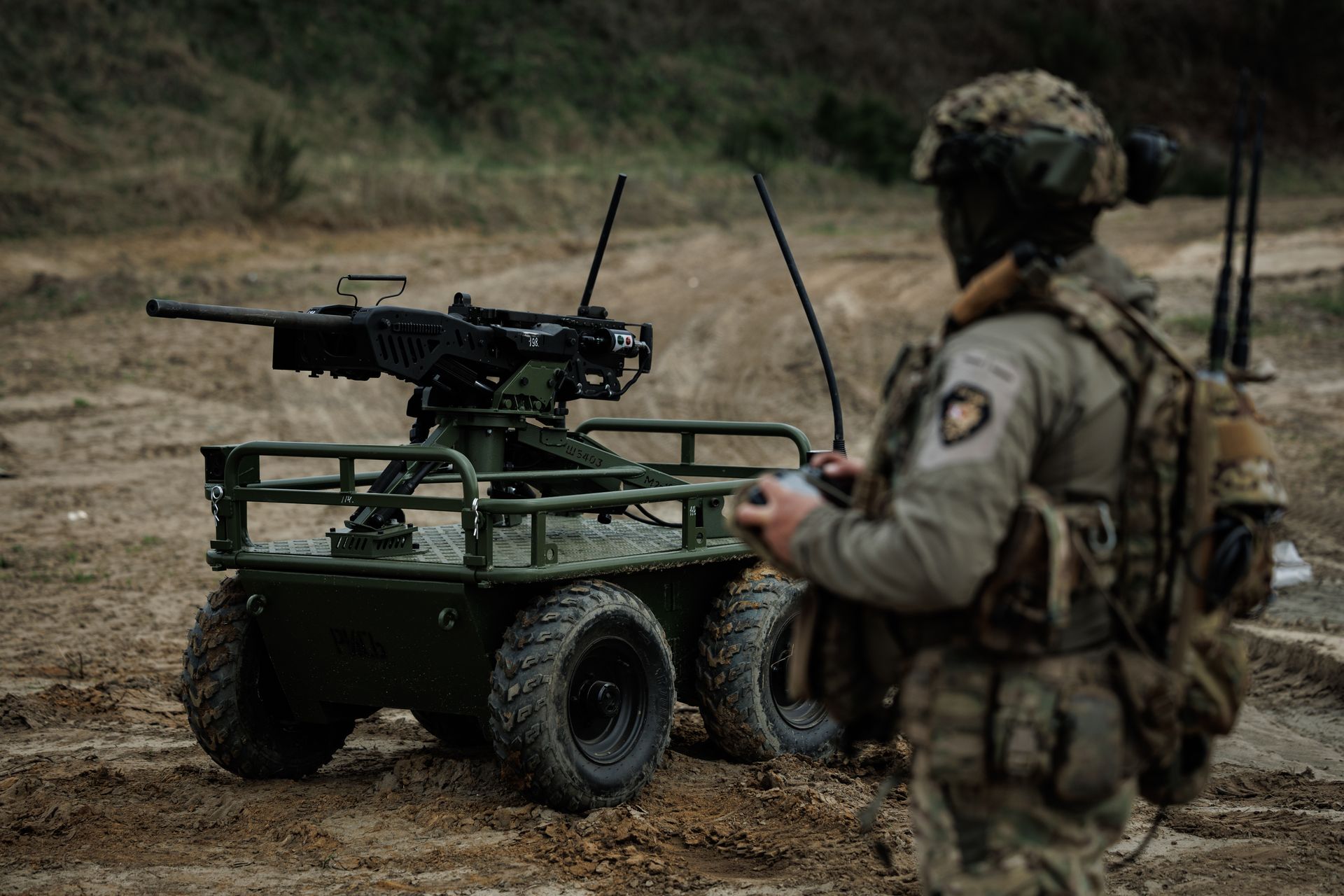UK and Germany sign historic mutual defense pact amid Russian aggression

U.K. Prime Minister Keir Starmer and German Chancellor Friedrich Merz signed a landmark Anglo-German treaty in London on July 17, pledging mutual defense assistance in the event of an armed attack.
The treaty is the most significant bilateral pact between the two nations since 1945, according to Politico.
The agreement, described by Bloomberg as part of a broader reset in ties, reflects growing concerns across Europe over Russian military aggression and doubts about the U.S. commitment to NATO under U.S. President Donald Trump.
Though the treaty reinforces existing NATO obligations, officials from both governments emphasized it is not a substitute for the alliance's Article 5 collective defense principle.
Starmer described the agreement as a "historic document which really measures just how close our countries are and our ambition for the future," according to the BBC.
Merz said he was "surprised" to learn it is the first such agreement since World War II, adding: "We had you in the European Union and we thought that was enough, but we are now learning that it's not enough so we have to do more on that."
The accord, signed during a ceremony at London's Victoria and Albert Museum, is based on groundwork laid by Starmer and Merz's predecessor, Olaf Scholz, during a 2023 meeting in Berlin. The treaty marks a deepening of post-Brexit relations and growing strategic alignment between London and Berlin.
One of the key components of the deal is a joint pledge to deliver a new long-range missile system, the Deep Precision Strike capability, within the next decade. The system, with a range exceeding 2,000 kilometers (1,240 miles), is expected to drive substantial industrial investment into European defense sectors.
Although nuclear weapons are not explicitly mentioned in the text, the deal carries heightened importance for Germany, which lacks its own nuclear arsenal and relies on the deterrent umbrella of the U.S. and Europe's two nuclear states — the U.K. and France.
The treaty also addresses the broader fallout of Brexit, including agreements on trade, transport, and irregular migration. Germany will adopt legislation by the end of the year, making it illegal to facilitate irregular migration to the U.K., according to a statement from Starmer's office.











